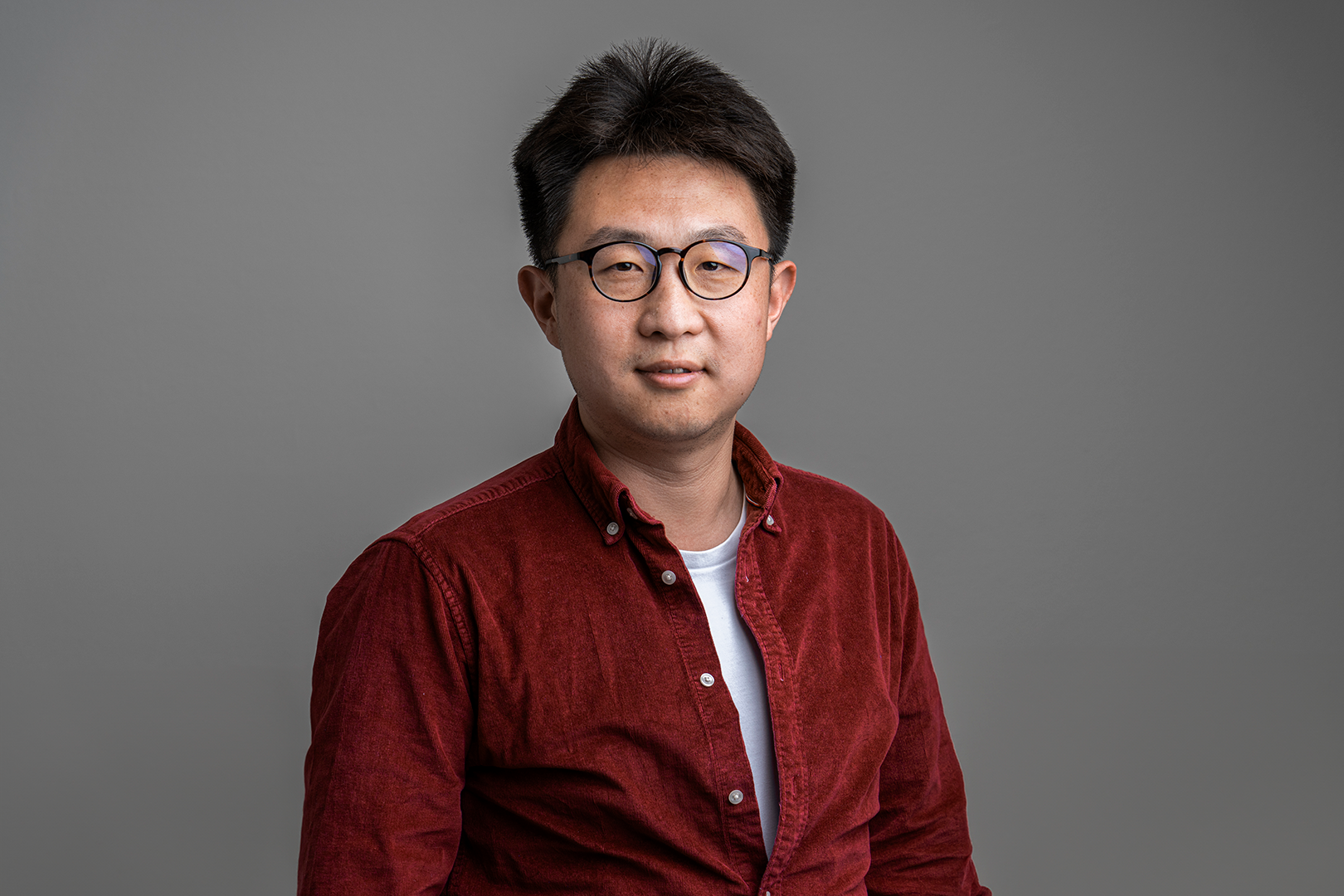Chao Sun
Research leader

Project title
Synaptic Energetics that Underlie Memory Formation
What is your project about?
Many brain disorders, such as Parkinson's disease and Alzheimer's disease, are associated with memory problems due to inadequate energy supply at the connections between nerve cells (i.e., synapses). This is because in order to store information, synapses must undergo plastic changes driven by energy. We know that some proteins in synapses can produce energy, while others can burn energy. However, we do not know whether synapses may need to adjust the expression of these proteins to support long-term memory, which may require a different plan for long-term energy supply. This question is important for understanding memory decline during aging, because energy supply is often targeted in age-related memory problems. We hope to understand how brain plasticity changes the energy balance at synapses, and whether this ability to change is impaired in the aging human brain. This study will allow us to identify new hopes for improving memory in aging brains.
How did you become interested in your particular field of research?
My scientific journey began with a fascination of artificial molecular systems and their potential to mimic biological functions. This interest led me to explore nano-bio interfaces and the dynamic properties of materials such as graphene. In my transition to neuroscience, I became fascinated by the brain's ability to process information through complex chemical data processing, especially at the synaptic level, where molecular logistics play a crucial role.
What are the scientific challenges and perspectives in your project?
One of the primary challenges is to decode the intricate molecular 'ecology' of synapses – to understand how synapses share and compete for resources, and how molecular supply mechanisms constrain synaptic functions. It is important to investigate these dynamics and elucidate the fundamental processes that support memory storage in the brain.
What is your estimate of the impact, which your project may have to society in the long term?
Our research has the potential to uncover therapeutic strategies that can alleviate memory loss associated with both healthy aging and neurodegenerative disorders.
Which impact do you expect the Sapere Aude programme will have on your career as a researcher?
The Sapere Aude program has placed great trust in me to pursue bold and original ideas. It provides invaluable support to expand our research initiatives and foster international collaborations across disciplines. This support will not only enhance the depth and breadth of my science, but also strengthen my position as a emerging leader in synapse biology.
Background and personal life
Outside the lab, I enjoy getting lost in surreal and imaginative stories by great novelists. I love foraging for wild garlic in the woods and finding creative ways to cook with it. To clear my mind, I sometimes take a dip in the Danish sea - whether it’s summer or the middle of winter.
View all research leaders here
Research institution
Aarhus University
Research field
Neurobiology
City of your current residence
Aarhus C.
High school
Yantai No. 2 High School, Shandong, China
